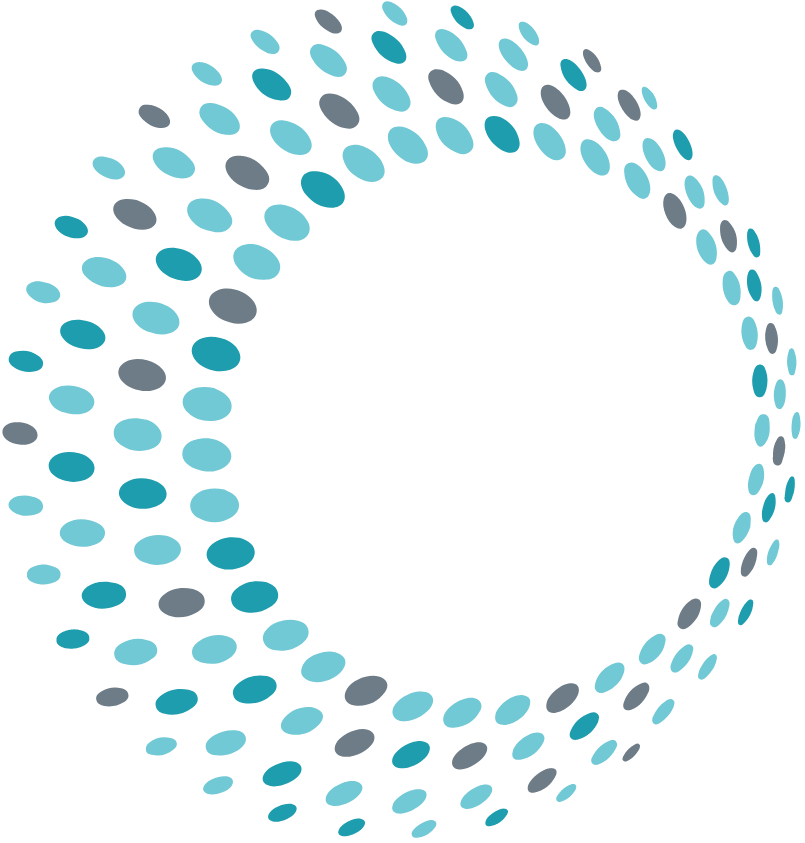
As President and CEO of the New Hampshire Association for the Blind at the McGreal Sight Center, it is my pleasure to bring you the first in a series of interviews with trendsetters and technology leaders. These dynamic individuals are creating solutions for accessibility to help children and adults who are blind or visually impaired to live and thrive with sight loss.
Fernando Albertorio is CEO of the Boston-based startup Sunu. I first met Fernando two years ago when I was Vice President of Perkins School for the Blind. Sunu was awarded an assistive technology prize as part of the MassChallenge incubator program for their innovative prototype of a wearable device that aids mobility.
David: What is Sunu and how did it get started?
Fernando: First of all, thank you, David, for having me as your first guest speaker. I’m really excited to be part of this process. At Sunu, our mission is empowering independence for people who are living with sight loss or impaired vision. The idea behind Sunu is to create technologies that help empower mobility and orientation for anyone who is either blind, low vision, or living with vision loss. I live with low vision and am legally blind. My eyesight’s below 2200 because of albinism. Like me, there are over 200 million people worldwide who are living with some form of vision loss or impairment. Sometimes in living with this vision loss or impairment, freedom of mobility is one of the biggest things that [is] impacted, and it affects quality of life for many people. The impact is pretty huge, as you very well know.
One of the biggest problems is that people [with sight loss] tend to opt out of using aids or any other type of technologies that could bring value, could bring an impact to their mobility. [Some] reasons for this [are] because these technologies are hard to learn how to use, they’re expensive, and there’s this underlying current of social pressure or anxiety when it comes to using some type of adaptive tool — leaving someone with the feeling of being embarrassed or stigmatized by our own society because of the condition that they live with.
At Sunu, our core philosophy is you shouldn’t feel embarrassed by using a tool or technology that empowers your life. This is why, at our core, we use design. We use a human-centered design to create wearable technologies that empowers orientation and navigation. The first of our technologies that we’ve been developing is something called the Sunu Band. Essentially, it’s an ultrasonic navigation smart-watch which uses sonar technology, or ultrasound, that’s embedded discreetly within the wearable. [This can] empower or provide a sense of awareness for the individual, for the user, around things that are within their environments (obstacles, objects, things that are within their path) whether they’re walking about, whether they’re in an environment like a building, or indoor spaces.
The idea behind the Sunu Band is to provide a heightened sense of awareness so that you improve perception and improve orientation, and thereby, improve mobility. This project [is] a couple years in the making. We started out in Guadalajara, Mexico where my two co-founders and co-inventors of the technology, Marco Trujillo and Cuauhtli Padilla, were working on a service project at a school for the blind in Guadalajara. They noticed that kids at the school for the blind would struggle during their weekly orientation [and] mobility lesson and also that game-play was very different. It struck them that game-play at the school between kids at the playground was very different. They had this idea of bringing in one of their early prototypes to get kids to solve mazes and just play.
What happened next was pretty remarkable: the kids started solving matrix mazes, they were playing tag, and they wanted to use this within their orientation and mobility lesson. That caught the attention of the principal, the teachers, and the parents who basically saw something in this and asked Marco and Cuauhtli to try to develop it further. That kind of set us on this path of creating what we have today as Sunu.
David: Terrific, that’s a great story! I’m wondering, as you talk about the Sunu Band, what is it about? What comes to mind when we use the word “accessibility” these days?
Fernando: What comes to mind for me [is that] accessibility goes hand-in-hand with inclusion. [There is accessibility] when you have diversity of abilities, diversities of point-of views [sic], whether you’re building something, you’re prototyping, whether you’re producing, or delivering a service. When you have inclusion, you’re more likely to be successful in bringing something of value that helps many, many people. Of course, you can build for a certain group, or for a niche. But then when you’re also building a service or product for everyone, it really does have a big impact by bringing in that diversity of thought, of abilities […] people who are visually impaired, in this case. Obviously, this is the topic that we’re talking about today, but it could be even just diversity of knowledge or in other areas.
When I ask myself, “How do we make things accessible?” I think [about] inclusion of people around the table when you’re developing, creating, delivering services. It just makes things so much better and impactful. It reminds me of the talk [that you gave, David] at the Design Museum Boston, where [you mentioned that by injecting inclusion early on in] the design process, you’re basically creating empathy. You’re creating more individualism, the ability to reach out to those most in need representing a smaller portion of the population. With making small changes, you can have a big impact.
The Sunu Band is now available for preorders and will officially launch this August. For the latest information, be sure to stay in touch with us on Facebook or Twitter.
For the complete transcript of the interview click here, where our interview continues on page 3.

